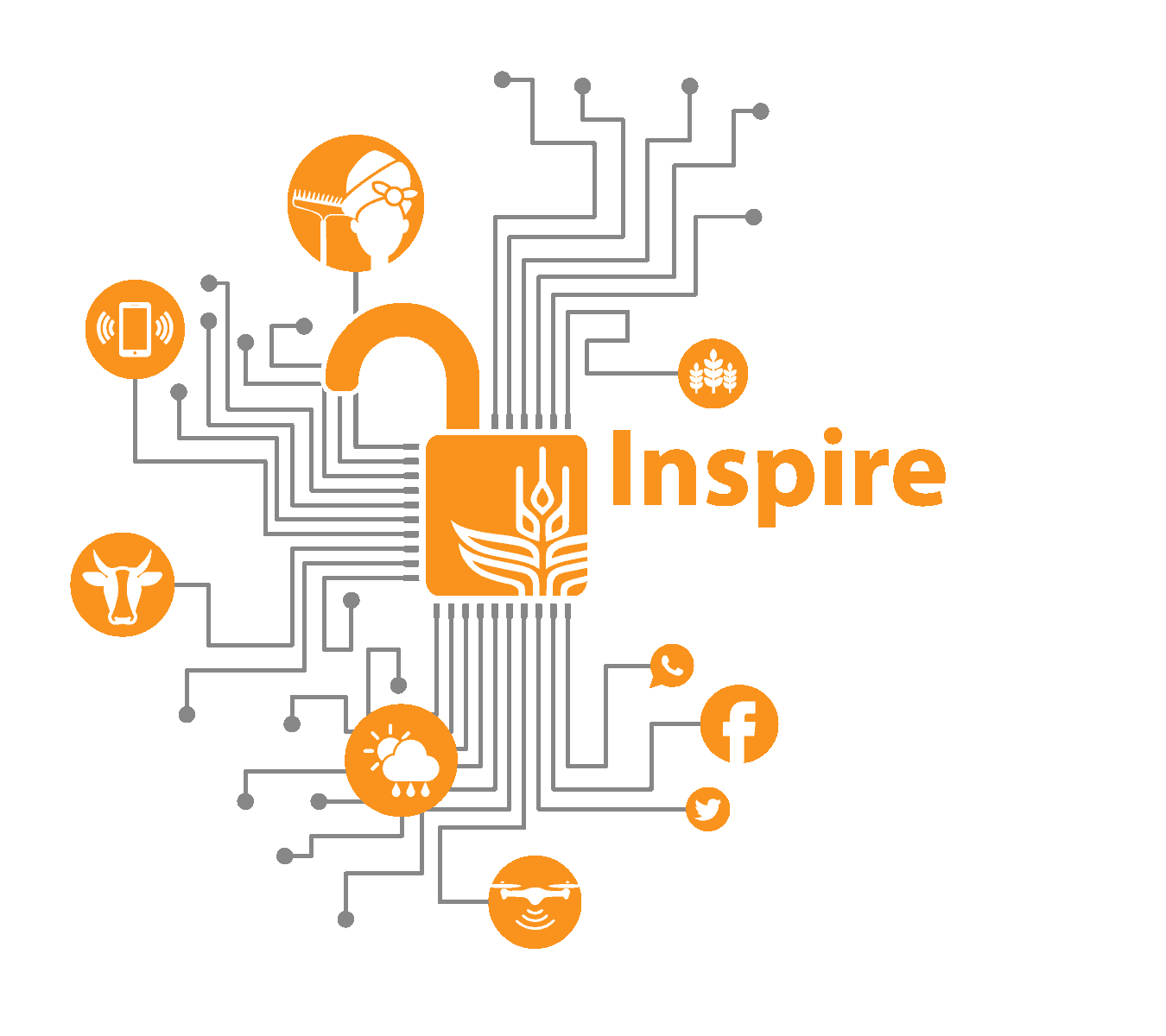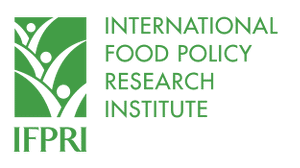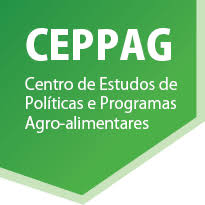2020 Finalist
Learning from NFC cards in emergency responses
Mozambique

Responding to household needs during emergencies, such as the COVID-19 pandemic, requires an effective and rapid action. The challenges are exacerbated in contexts, such as those in northern Mozambique, with limited access to resources and poor marketing and communications infrastructure. The use of innovative ICT solutions and social protection measures, including those involving e-voucher platforms can help address the needs of populations in emergency situations. Also critical is the integration of responses that include both economic as well has health and nutritional dimensions.
Building on earlier efforts by ADM in Mozambique with the use of e-voucher platforms for an input subsidy program, this project proposes a pilot intervention using NFC (Near-Field Communications) cards to deliver support during emergencies to households in Nampula province, Mozambique. Selected households will receive an NFC card eligible for the acquisition of agricultural inputs, food and sanitation goods, and health services. The project pilots NFC cards as means to improve access to markets and learning on consumer preferences in an emergency in Mozambique. Going beyond agricultural subsidy e-vouchers, these cards provide a wider set of choices, including agricultural inputs, food items, and health services. The farmer NFC cards trace data on demand patterns that is used to learn about consumer choice across a wide range of characteristics such as gender, economic and health status, and inform future emergencies.
These cards are linked to an e-voucher platform connected to a network of merchants and can be used even when offline. NFC cards can collect huge and precise data in poor internet connection areas, allowing, therefore, for the generation of a wealth of information for the monitoring and tracing of expenditures that can be used to analyze consumer preferences and potential nutritional and welfare changes during crisis.
The results of such analysis can inform the orientation of future relief programs during long standing emergencies. As NFC cards generate digital IDs, the longer-term implication of our proposal is that these can help in responding to emergencies that integrate productive capacities and preventative health interventions.
The Inspire Challenge is an initiative to challenge partners, universities, and others to use CGIAR data to create innovative pilot projects that will scale. We look for novel approaches that democratize data-driven insights to inform local, national, regional, and global policies and applications in agriculture and food security in real time; helping people–especially smallholder farmers and producers–to lead happier and healthier lives.
Partners






